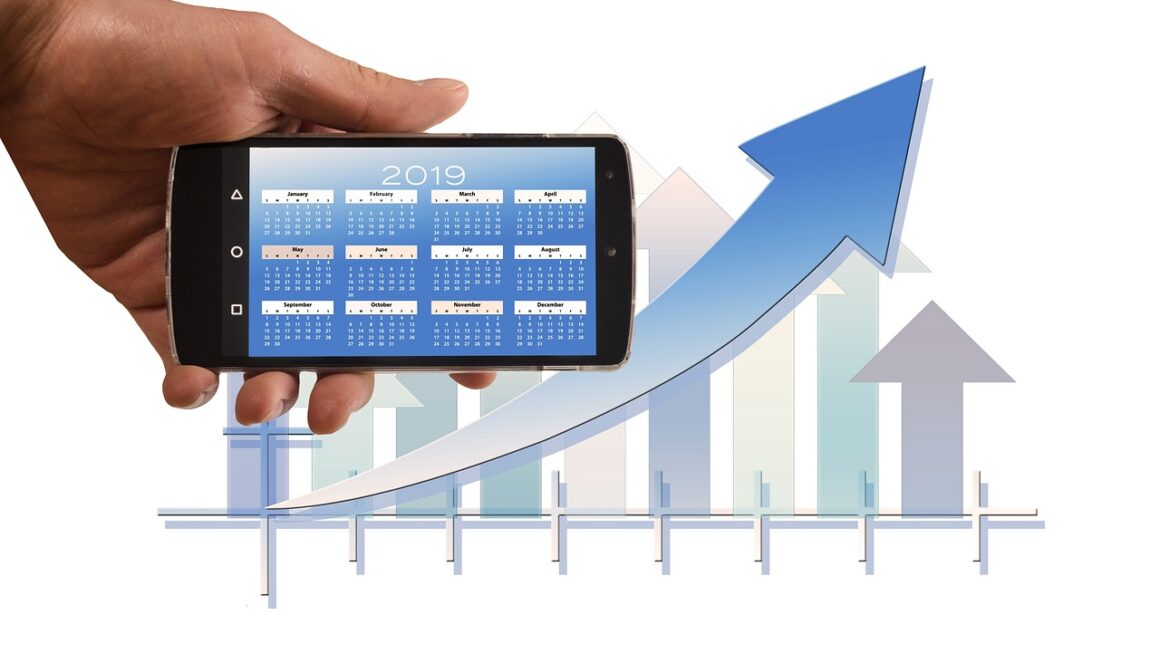Freelancing offers a unique pathway to professional autonomy and financial independence, attracting millions worldwide. Whether you’re looking to supplement your income or transition to a full-time career, understanding the landscape, benefits, and challenges of freelancing is crucial. This comprehensive guide provides essential insights and actionable steps to help you thrive in the freelance world.
What is Freelancing?
Defining Freelancing
Freelancing is a work arrangement where individuals offer their skills and services to clients on a project-by-project basis, rather than being employed by a single company full-time. Freelancers operate as independent contractors, managing their own schedules, setting their rates, and taking responsibility for their own business operations.
- Key characteristics of freelancing:
Independent contract work
Project-based assignments
Flexible work arrangements
Direct client relationships
Responsibility for business operations
The Growing Freelance Economy
The freelance economy has experienced significant growth in recent years. According to a recent Statista report, the number of freelancers in the U.S. reached approximately 71.5 million in 2023. This trend reflects a broader shift towards flexible work arrangements and the increasing accessibility of freelance opportunities through online platforms. Several factors contribute to this growth:
- Technological advancements: Online platforms connect freelancers with clients worldwide.
- Changing workforce preferences: Professionals seek flexibility and autonomy.
- Economic factors: Companies look to control costs by outsourcing tasks.
Benefits of Becoming a Freelancer
Flexibility and Control
One of the primary draws of freelancing is the flexibility it offers. Freelancers have the freedom to set their own hours, choose their projects, and work from anywhere with an internet connection.
- Example: A freelance writer can choose to work in the mornings or evenings based on their personal productivity patterns, unlike a traditional office job with fixed hours.
This flexibility allows for better work-life balance, enabling freelancers to pursue personal interests, spend time with family, or travel while working.
Earning Potential
Freelancing can offer significant earning potential, especially for those with in-demand skills and a strong business acumen. While income can fluctuate, successful freelancers often earn more than their traditionally employed counterparts.
- Example: A freelance software developer with expertise in a niche technology can command high hourly rates, exceeding the salary of a full-time developer in a non-specialized role.
- Factors affecting earning potential:
Skill level and expertise
Demand for your services
Your ability to market yourself
Your rates
Variety and Challenge
Freelancing offers exposure to a wide range of projects and clients, providing continuous learning and growth opportunities. This variety can prevent boredom and keep the work engaging.
- Example: A freelance graphic designer might work on branding projects for startups one week and create marketing materials for established businesses the next, constantly expanding their skillset and portfolio.
Challenges of Freelancing
Income Instability
Income instability is a significant challenge for many freelancers. Unlike traditional employment with a steady paycheck, freelance income can fluctuate based on project availability, client payments, and market demand.
- Tip: Build a financial buffer by saving a portion of your earnings during high-income periods to cover expenses during slower months.
Self-Discipline and Time Management
Freelancing requires strong self-discipline and time management skills. Without a traditional work environment and direct supervision, freelancers must be able to stay motivated, prioritize tasks, and meet deadlines independently.
- Tip: Create a structured work schedule, set clear goals, and use time management techniques like the Pomodoro method to stay productive.
Administrative Tasks
Freelancers are responsible for all aspects of their business, including marketing, accounting, client communication, and contract negotiation. These administrative tasks can be time-consuming and detract from billable hours.
- Tip: Utilize tools and resources to streamline administrative tasks, such as accounting software, CRM systems, and contract templates.
Getting Started as a Freelancer
Identifying Your Skills and Services
The first step in launching a freelance career is to identify your marketable skills and determine the services you can offer. Consider your expertise, experience, and passions.
- Examples:
Writing and editing
Web development
Graphic design
Social media management
Virtual assistant services
Building a Portfolio
A strong portfolio is essential for showcasing your skills and attracting clients. Include samples of your best work, testimonials from satisfied clients, and details of your experience.
- Platforms for showcasing your portfolio:
Personal website
Behance (for designers)
GitHub (for developers)
Finding Clients
There are numerous ways to find freelance clients, including online platforms, networking, and direct outreach.
- Online platforms:
Upwork
Fiverr
Guru
- Networking: Attend industry events, join online communities, and connect with potential clients through social media.
- Direct outreach: Reach out to companies and individuals who may need your services.
Setting Your Rates
Determining your rates is a crucial aspect of freelancing. Consider your experience, the market rate for your services, and the value you provide to clients.
- Factors to consider when setting rates:
Your skills and experience
The complexity of the project
The client’s budget
Your desired income
Managing Your Freelance Business
Contracts and Agreements
Always use written contracts or agreements with your clients to protect your interests and ensure clear expectations. Contracts should outline the scope of work, payment terms, deadlines, and other important details.
- Key elements of a freelance contract:
Scope of work
Payment terms
Deadlines
Ownership of intellectual property
Termination clause
Client Communication
Effective communication is essential for building strong client relationships and ensuring project success. Respond promptly to inquiries, provide regular updates, and address any concerns proactively.
- Tips for effective client communication:
Be responsive and professional.
Clearly define expectations.
Provide regular updates.
Solicit feedback.
Finances and Taxes
Freelancers are responsible for managing their own finances and taxes. Keep accurate records of your income and expenses, and pay estimated taxes quarterly to avoid penalties.
- Financial management tips:
Open a separate bank account for your freelance business.
Use accounting software to track income and expenses.
Consult with a tax professional for guidance.
Conclusion
Freelancing offers immense opportunities for those seeking flexibility, autonomy, and financial independence. However, it also presents challenges that require careful planning, self-discipline, and business acumen. By understanding the landscape, embracing the benefits, and addressing the challenges, you can build a successful and fulfilling freelance career. Remember to continuously learn, adapt, and strive for excellence in your field to stay ahead in the ever-evolving freelance economy.




